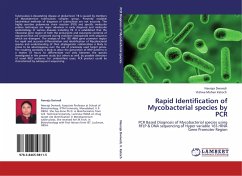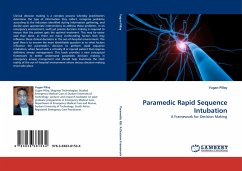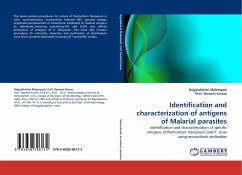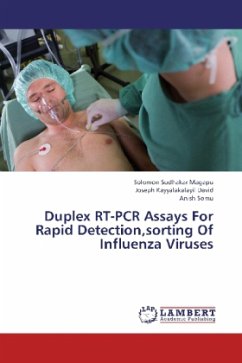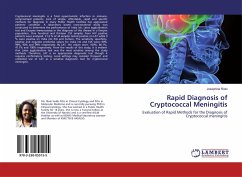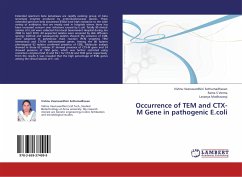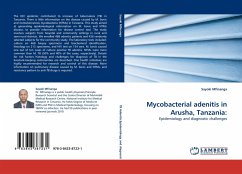Tuberculosis is devastating disease at global level. TB is caused by members of Mycobaterium tuberculosis complex group. Presently available biochemical methods of diagnosis of tuberculosis are not accurate. The highly sensitive polymerase chain reaction (PCR) and specific molecular probes techniques are major advances in early diagnosis and molecular epidemiology of various diseases including TB. It is established that the ribosomal gene region of both the prokaryotic and eukaryotic comprise of sequences that are conserved during evolution interspersed with sequence which are divergent. The analysis of the 16S rRNA gene promoter region for rapid and accurate differentiation and identification of Mycobacterial species and understanding of their phylogenetic relationships is likely to prove to be advantageous over the use of previously used target genes. The resulting sensitivity is likely to allow the generation of RFLP patterns in a matter of hours to differentiate not only between the species investigated in the present study but others as well, by possible detection of novel RFLP patterns. For unidentified cases, PCR product could be characterized by subsequent sequencing.
Bitte wählen Sie Ihr Anliegen aus.
Rechnungen
Retourenschein anfordern
Bestellstatus
Storno

